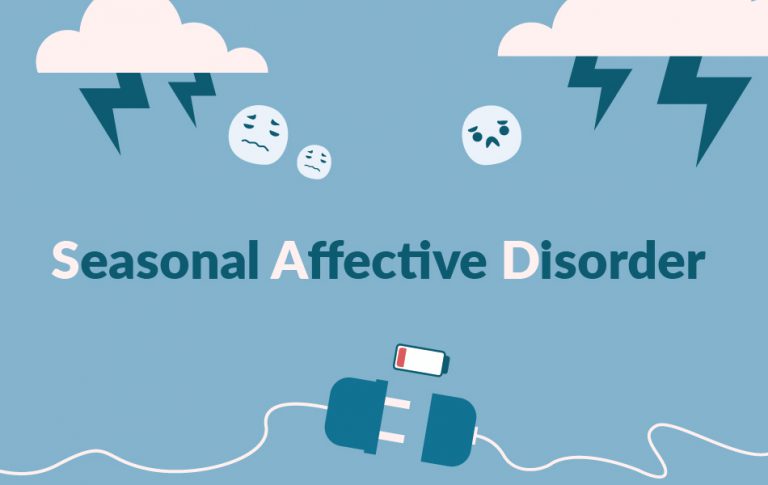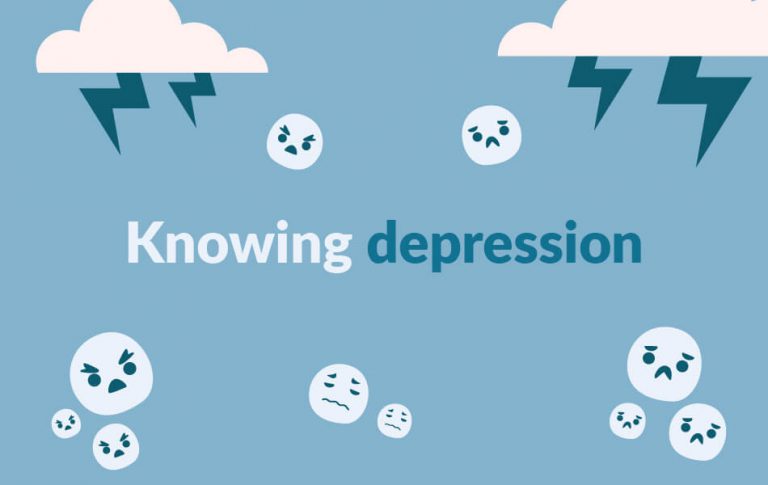When a friend or loved one experiences symptoms of a mental health condition, many questions and challenges start presenting. What kind of support will they need from you? How do you find the right words to say to them?
One of the most important things to remember with mental health conditions is that nobody is to blame. The cause of a mental health disorder should be the least of your concerns. As direct support for someone struggling with mental illness, your focus should be on how you treat them. Your treatment is what will underscore their overall well-being. Therefore, it’s easy to understand just how vital your support can be at any given time. We’ve compiled a few tips that will help you achieve adequate support for those in your life dealing with mental illness.
Knowing whether or not someone is struggling with mental illness is not that obvious. Sometimes we see a loved one going through a hard time, and mental illness is the last thing that comes to mind. If one does not receive a formal diagnosis, and you are unsure, its best to treat the subject with compassion and sensitivity. No two individuals show the same signs and symptoms. Symptoms of mental illness can affect things such as emotions, thoughts and behaviors.
Some of the signs and symptoms of mental illness include, but aren’t limited to the following:
- Feeling downhearted and depressed regularly
- Reduced ability to focus
- Excessive fears or worries, or extreme feelings of guilt
- Extreme mood changes of highs and lows
- Social withdrawal from friends and family
- Significant tiredness, low energy or cycles of insomnia
- Detachment from reality (delusions), paranoia or hallucinations
- Inability to cope with daily stress
- Emotional detachment
- Alcohol abuse or drug use
- Significant changes in eating habits
- Suicidal thinking
- Confused thinking
What to do / What not to do
The first best thing you can do is learn about the illness. Educating yourself is what will form the basis of the support you provide. If you’re unsure about how to begin, you can reach out to others who can offer guidance and refer resources that will help.
Which brings us to our next tip:
Just because you’re providing support, don’t think that you’re not allowed the same. Too often people make the mistake of not asking for help because they feel that they should shoulder the burden of support on their own, or feel shame thanks to the stigma surrounding mental illness. Whatever the reasons may be, know that you’ll be more effective in your support when you allow others to help you.
That said, there are a few things to avoid when offering your support to someone dealing with mental illness. For starters, empathy begins with the suspension of self. This means that although you might feel it helps to relate their situation to your own personal experience, it actually doesn’t. Rather have them ask you, and in the meantime just listen. Also, try not to minimize their struggle by pointing out all the good things in their life. Mental illness doesn’t discriminate.
That means a big house, smart car, and successful career mean nothing in the bigger scheme of things. It especially doesn’t mean that people with all those things are exempt from mental health conditions.

educating yourself on mental health provides insight on what the other person might be experiencing and therefore gives you a better understanding
Talking about mental health
The subject of mental health is a rather sensitive one. Many people tend to avoid the topic for several reasons. Things like judgement, doubt, fear and stigma ultimately keep many people from reaching out and seeking treatment. Still, educating yourself on mental health provides insight on what the other person might be experiencing and therefore gives you a better understanding.
Understanding the topic will make it easier to approach a friend or loved one struggling with mental health issues. Below are eight tips on talking about mental health and how to approach the situation.
Give them your time without distractions.
When talking to a friend or a loved one about mental health, it is essential to provide a non-judgmental atmosphere without any distractions.
Let them open up to you instead of forcing them.
The best approach is to let them lead the discussion. Whatever you do or say, don’t force the conversation. Anyone struggling with mental health will open up naturally, so try not to jump to conclusions or assumptions.
Stick to open-ended questions
Instead of asking questions more suited to a psychiatrist such as “Tell me how you are feeling today?” Try and keep the conversation neutral. Remember, you’re their support structure so lend an ear and listen to what they’ve got to say.
Talk about their well-being.
Talk about ways of practising self-care and healthy ways of de-stressing. Try encouraging them to follow a healthy diet and get enough exercise. A healthy lifestyle will undoubtedly aid in helping them feel better.
Listen intently to what they have to say
Listen to comprehend, not to reply. Ensure that you understand what your loved one is saying, by repeating what they said. You don’t have to agree with what is said, but by letting them open up to you, shows to them that you genuinely care.
Encourage them to seek treatment.
Allow them to make their own decision without taking away their control over the situation. Offer to accompany them to a doctor’s appointment or encourage them to speak to someone else that they trust. You can also point them in the right direction and provide them with information on how to reach out.
Take action before it’s too late.
If you believe that a friend or a loved one is in immediate danger, encourage them to seek help and take action. If a person is not ready to take action, you cannot force them too. An excellent place to start is by contacting a medical professional that specializes in mental health disorders.
How do I know when to get help for myself or a loved one?
Suppose you are experiencing signs and symptoms of mental health disorders. In that case, the first step to recovery is to make an appointment with your primary health care provider or mental health professional. Most mental illnesses don’t improve on their own, nor do they go away. If left untreated, mental disorders may worsen over-time, ultimately effecting your quality of life.
Suppose you see a loved one struggling with a mental health disorder. In that case, we suggest having an open discussion about your concerns. But do so in a supportive manner, instead of forcing them to seek help. The first step to improving one’s mental health comes from within. Your loved one must be willing to take the first step. You can help your loved one with simple steps such as introducing them to a qualified mental health care practitioner or accompanying them on their first appointment. These small gestures will show your unwavering support.
What to say and what not to say
Studies have shown that mental disorders affect every one in three adults in South Africa, during some point in their lives. If you come across someone with mental health in your family or circle of friends and you are unsure of how to approach them, these tips might help.Here are some suggestions on how to approach someone living with a mental health disorder:
- Speak to them in a neutral environment where they feel comfortable enough to have the conversation
- Ease into the mental health conversation, gradually.
- Be sure to keep your tone, relaxed and judgement-free
- Listen to them intently, be responsive and respectful of their boundaries
- Show them the respect they deserve and do so with compassion
Below are some things to avoid saying when approaching mental health:
- “Just change your attitude and lighten up.”
- “Yes, we are all a little bit off the wall every once in a while.”
- “You have the same illness as my…..”
- “Stop being negative; things will change.”
- “Everyone feels this way at some point or another”
Below are some things to avoid doing when approaching mental health:
- Never blame them for their condition
- Never raise your voice when talking about sensitive mental health subjects
- Whatever you do, never make jokes about their condition
- Avoid patronizing them or being condescending towards them
- Stop assuming things about their condition

There may be times when you feel your support is making no difference, or even that it’s unwanted. But however complicated the journey becomes, your support will always be invaluable.
The Potential of Teamwork
The path to wellness can be full of hurdles and setbacks, and that is why it’s important to have realistic expectations. There may be times when you feel your support is making no difference, or even that it’s unwanted. But however complicated the journey becomes, your support willalways be invaluable.
There’s an ancient phrase – ‘strength in numbers’ – that was first used in times of war. However, heading into battle with mental illness means this phrase is just as fitting. Here it refers to the numbers involved on the road to recovery – from family and friends to mental health professionals.
That is why at ZwavelStream Clinic we provide treatment and support for patients, as well as their family and friends. The reason being, we firmly believe in the importance of this support when it comes to effective treatment and recovery. If you have any questions about helping a loved one on their way to well-being, please feel free to contact us.







